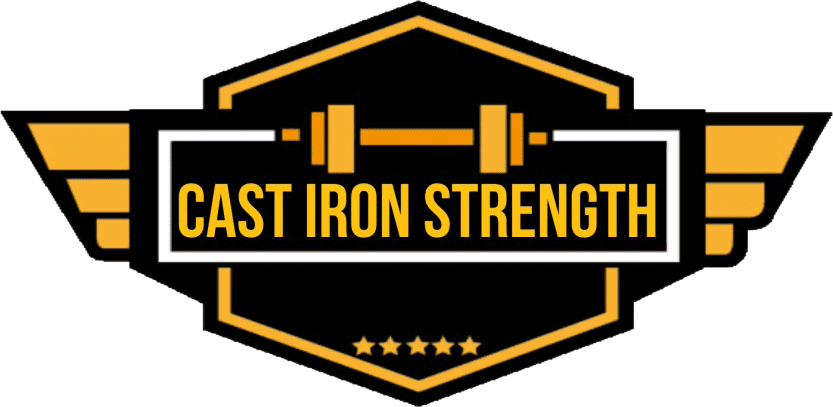Why does every one feel the need to down some kind of powder or pill when they can’t even eat the correct food three times a day?
I made a video post on this topic in the non distant past I have decided to write some more on it as it is a topic I find myself butting up against both in life and more so on the internet and forums. Of all the things you have control over the kind of supplementation stratagem you are implementing is very far down the list! To add some objective measures to this article I am going to link to some scientific abstracts which I will discuss in brief in this article I will discuss factors I consider to be more important and show why this might be the case also I will discuss in brief some supplementation “must dos” and why they are infact may as well nots. Here comes the science bit concentrate.
 Sleep
Sleep
One night’s sleep can have a profound decrement on your ability to perform the next day.
- One bad night’s sleep has been show to decrease Vo2max test results on average by 11% (ranging from 5-40% decrement showing a lot of individual variance.)
- Sleep deprivation has been shown to decrease maximal performance on bench press, leg press and deadlift to a confidence interval of 0.001% of it being to chance. It has also been shown to increase feelings of confusion and fatigue and decreases in feeling of vigour
- Less than 6 hours of sleep lead to a 63% increase in the incidences of minor injuries in NBA athletes.
- Athletes who slept for 10 hours were compared to athletes who slept for 8 hours were 9% more accurate in basketball free throws, sprinted 6% faster and reacted 13% faster.
Food
We put it in our mouths but how much attention do you actually pay to the amount of food you eat (calorie content), the amount of macro-nutrients in your diet (carbohydrates, protein and fat in grammes).
- A low calorie diet and weight training has been shown to lead to a decrease in muscular strength of 10% after 90 days.
- Low carbohydrate high protein diets have been shown to favourable affect body mass and composition (more lean mass less fat mass) independent of energy intake (calories).
- Higher protein diets (30-35% of Calorie intake) have been shown consistently to result in greater weight loss, greater fat loss and preservation of lean mass when compared to lower protein dies (10-15% of calorie consumption)
- Low fat diets have been shown to reduce serum total and free testosterone in healthy middle aged men.
Psychological Routine.
In my experience this is a huge factor for most lifters or athletes who compete at a reasonable level in a physiological or motor control sport, when the fine margins matter your own head can make it a good or terrible session.
- Listening to “sedative” music has been shown to reduce grip strength when compared to silence whilst listening to “stimulating” music was shown to have no effect when compared to silence.
- Verbal encouragement has been shown to increase peak force by 5% during an isometric contraction when compared to no encouragement.
- Research on weightlifters has shown that a pre-task “psych up” routine increased on average the maximum force production by 12% when compared to control.
Common Supplementation Strategies you may want to question.
- A recent meta-analysis on protein timing shown that the timing of protein intake was not important for muscle growth and the only important factors where resistance training and total protein intake for the day.
- Creatine intake although considered essential by many strength training and body-building enthusiasts was shown to increase muscular strength by 1.09% and muscle size by 0.39% when compared to control. Although the systematic review considered this statistically significant it isn’t exactly a marked increase.
- Vitamin D was shown to have no significant increase on muscular strength when compared to placebo in a systematic review.
- Fish oils where shown to be ineffective at reducing DOMS when compared to control.
- Not related to strength training but still one of my favourite studies In a systematic review performed in 2007 antoxidant supplementation was caused to increase all cause mortality.
- The evidence for multivitamin supplementation for reducing infection in the elderly was shown to be “weak and conflicting” according to a systematic review performed in 2005. A finding that doesn’t exactly support their use in an affluent, physically active and healthy population.
- Caffeine ingestion was shown to increase maximal voluntary contraction significantly in only the knee extensors according to this meta analysis.
Hopefully this article has shed some light on why I always advocate that a person pays attention to their training, diet and lifestyle factors long before they even consider looking at supplementation strategies.


